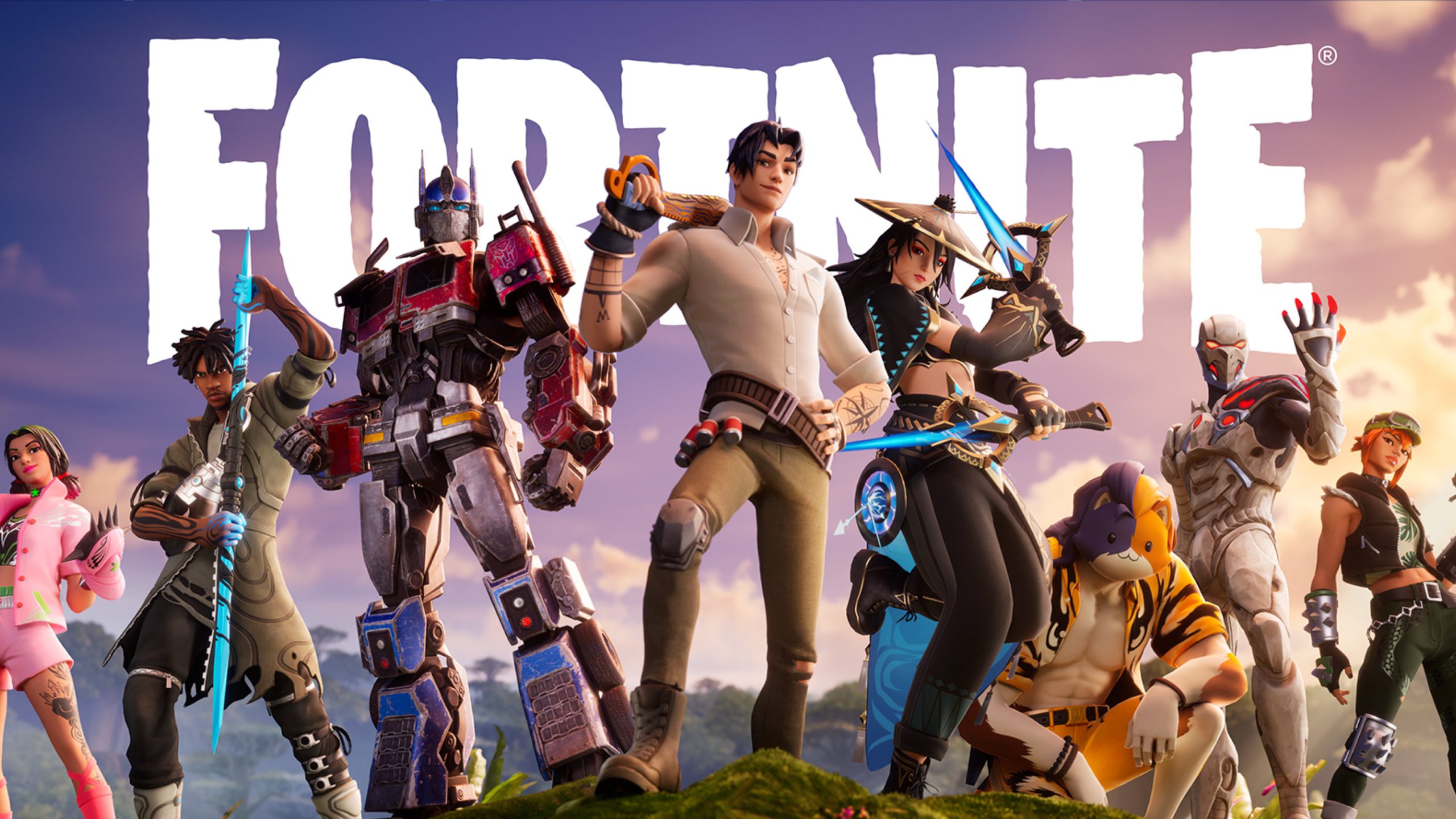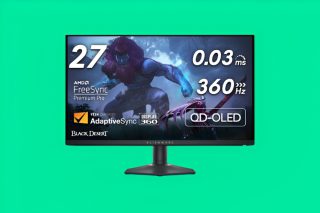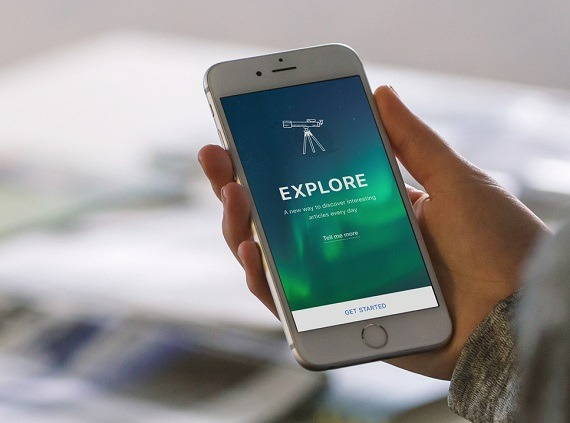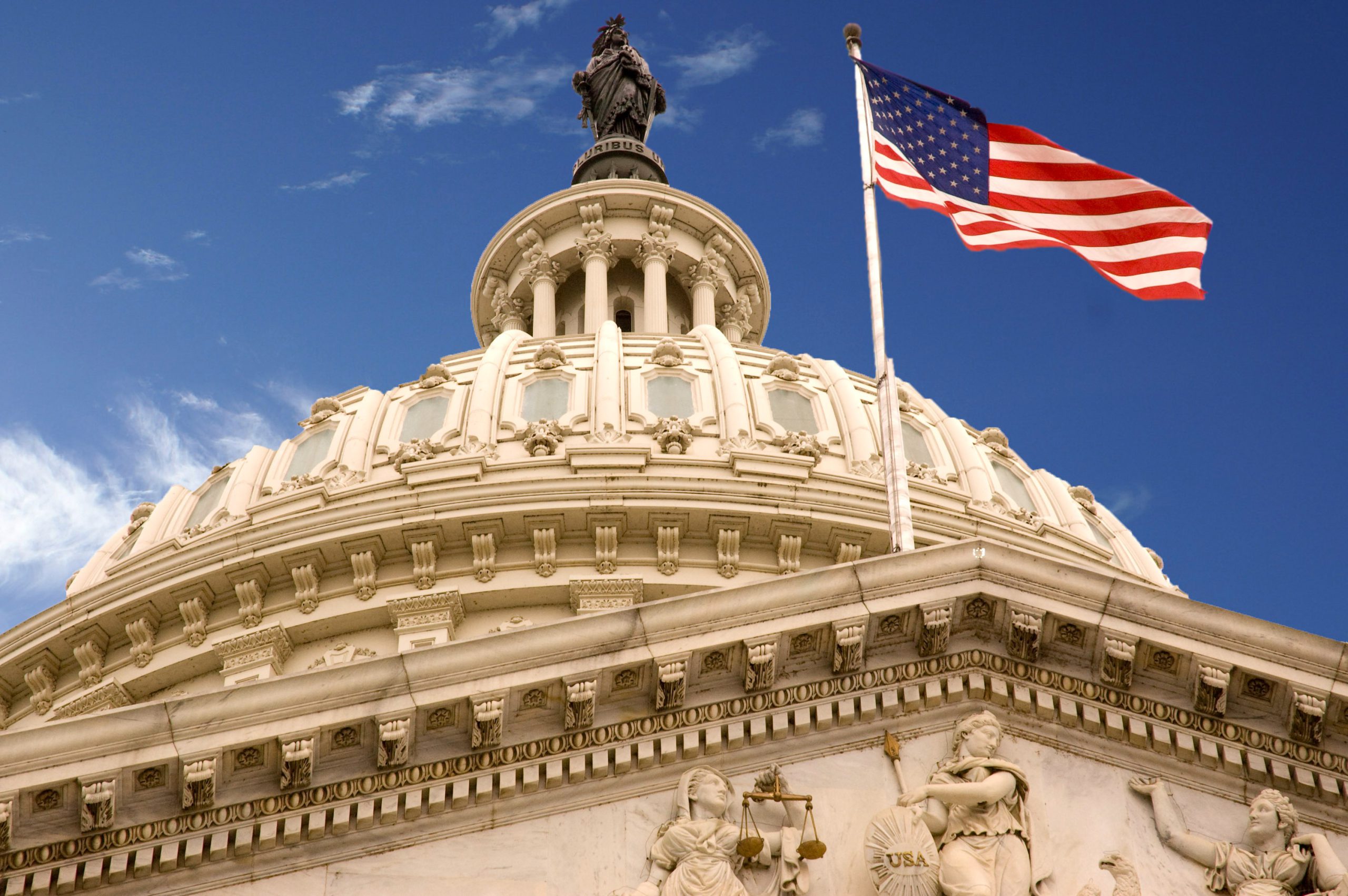Remember when you could play Fortnite on your iPhone? After a five-year standoff that’s felt longer than waiting for your parents to finish a phone call in the ’90s, the battle royale might finally return to iOS.
A federal judge has had enough of Apple’s stalling tactics regarding Epic Games’ popular title. U.S. District Judge Yvonne Gonzalez Rogers ordered the tech giant to either approve Fortnite for the App Store or show up in court to explain why not. The directive cuts through Apple’s excuses like a hot knife through butter, marking a pivotal moment in the fight for a Fortnite App Store Return.
Apple’s stance appears as consistent as your TikTok For You page after someone else has used your phone. Spotify and Amazon Kindle have successfully resubmitted apps allowing purchases outside Apple’s ecosystem, yet Fortnite remains in limbo.
The dispute began in 2020 when Epic introduced direct payments in Fortnite, bypassing Apple’s 30% commission – a move that got them booted faster than wearing shoes on a Japanese tatami mat. Though Apple initially won the case in 2021, the ruling required changes to its linking policies.
What’s Really at Stake Here
If you’re wondering why this matters beyond your gaming habits, consider your wallet. Apple’s control over app distribution affects everything from prices to innovation. When developers pay hefty commissions, guess who ultimately foots the bill? That’s right—you do.
Tim Sweeney didn’t mince words about the situation. “If Apple extends the court’s friction-free, Apple-tax-free framework worldwide, we’ll return Fortnite to the App Store worldwide and drop current and future litigation on the topic,” he stated.
Apple’s approach has been to neither approve nor reject Fortnite but instead place it in bureaucratic purgatory pending a decision from the Ninth Circuit Court of Appeals. It’s the corporate equivalent of “leaving you on read” – annoying and increasingly ineffective.
The May 27 hearing looms like the final boss battle. If the companies can’t reach an agreement, an Apple executive must appear in court – presumably with better excuses than “the dog ate my app approval form.”
This showdown isn’t just about a game—it’s the opening move in reshaping the entire digital marketplace. Will the walled garden of iOS finally crack open? And when other developers see Epic’s potential victory, how long before your favorite apps start offering cheaper prices outside Apple’s ecosystem? The revolution won’t just be televised—it’ll be downloaded directly, commission-free, all fueled by Epic’s Billion-Dollar Crusade.




























